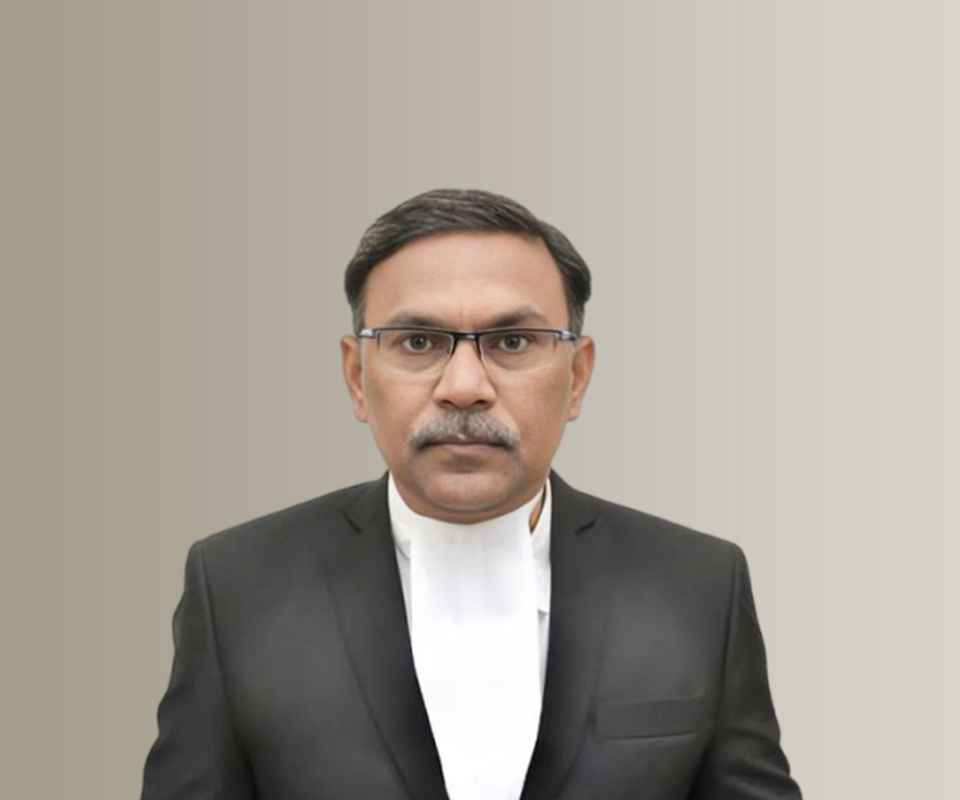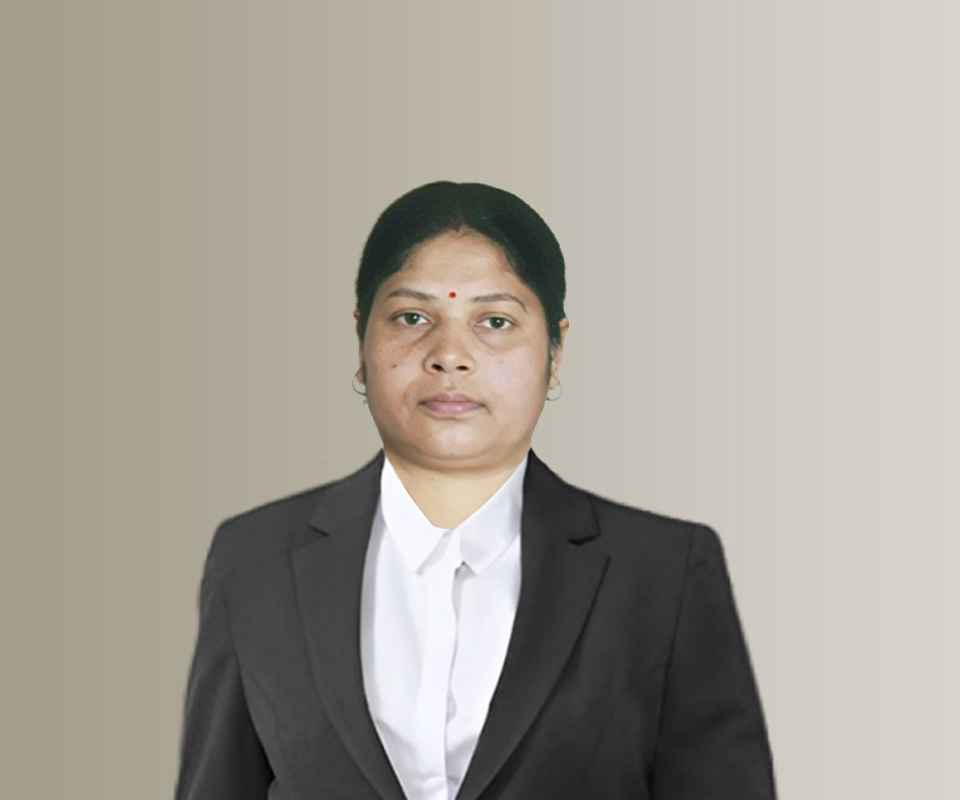Answer By law4u team
Experts play a critical role in international arbitration by helping arbitral tribunals understand complex technical or specialized issues that may be outside the expertise of the arbitrators. Arbitration often involves disputes with highly technical or industry-specific components, and experts assist in providing clarity on these matters. Their input is crucial for ensuring the tribunal reaches an informed, fair, and efficient decision.
Role of Experts in International Arbitration:
Providing Specialized Knowledge:
In many disputes, particularly in fields such as construction, engineering, intellectual property, finance, and technology, the tribunal may not have the specialized knowledge required to understand the technical details of the case.
Experts are engaged to provide independent, specialized knowledge to help the tribunal evaluate complex factual issues. Their reports and testimony can assist in clarifying highly technical aspects of the dispute.
Example: In a construction dispute, an expert in civil engineering might be called upon to assess whether the construction process adhered to industry standards.
Preparation of Expert Reports:
Experts typically prepare detailed written reports that explain the technical aspects of the dispute. These reports present the expert's findings, methodology, and conclusions, often accompanied by data, calculations, and analysis.
Example: In a dispute over patent infringement, an expert in intellectual property may write a report explaining the novelty of the technology and whether the patent in question meets the legal criteria for originality.
Assisting the Tribunal in Fact-Finding:
Experts assist in resolving factual disputes that are beyond the arbitrators' own expertise. While arbitrators are responsible for determining the legal and factual aspects of the case, experts help to establish the factual accuracy of technical claims.
Example: If there is a dispute over the quality of goods or services provided under a contract, an expert in the relevant industry may be appointed to assess the goods' compliance with agreed specifications.
Clarifying Complex Issues for the Tribunal:
Experts help break down complex issues into more digestible information, enabling the tribunal to make decisions that are informed by technical details. Experts may also provide visual aids (diagrams, charts, or technical drawings) to assist in the explanation of intricate subjects.
Example: In a financial dispute, an expert in accounting may provide a forensic audit report to clarify whether there was any fraudulent financial activity.
Acting as Independent and Impartial Advisors:
Impartiality is a fundamental principle of arbitration. Experts must remain neutral, without being influenced by the parties' positions, ensuring their testimony and reports are credible and objective.
Example: If both parties in a dispute over the valuation of an asset propose different experts, the tribunal may appoint an independent expert to provide a neutral assessment.
Testifying at Hearings:
In addition to their written reports, experts may be called to testify at arbitration hearings. During cross-examination, they defend their methodology and conclusions and respond to questions from both the tribunal and the parties' legal counsel.
Example: In a technology patent dispute, the expert may testify about the technical features of the alleged patent and how it compares to existing technologies.
Contributing to the Tribunal’s Decision-Making Process:
Experts' reports and testimony help inform the tribunal’s decision-making, particularly when factual disputes require technical expertise. Experts do not decide the case, but their evidence is often pivotal in shaping the tribunal’s findings.
Example: In a dispute over the integrity of a building's foundation, the tribunal may rely heavily on the expert’s evaluation of construction materials and engineering principles to determine if there was a breach of contract.
Reducing Time and Cost in Arbitration:
The use of experts can improve the efficiency of arbitration by providing the tribunal with the necessary knowledge to understand complex issues quickly, thus avoiding lengthy and costly delays due to misunderstandings or insufficient technical knowledge.
Example: If the tribunal lacks expertise in financial modeling, appointing an expert to explain the calculations can speed up the resolution of disputes over financial damages.
Joint Expert Opinions (Concurrent Expert Evidence):
In some cases, the tribunal may ask for joint expert meetings or encourage experts from both parties to discuss and agree on certain issues. This joint expert report (or concurrent evidence) can help streamline the process by narrowing down the areas of disagreement.
Example: In a dispute over the environmental impact of a construction project, experts from both sides might meet to jointly discuss the environmental assessments, leading to a more focused presentation at the hearing.
Guidelines and Rules Regarding Experts in Arbitration:
Tribunal's Power to Appoint Experts:
Most arbitration rules (e.g., ICC, LCIA, SIAC, ICSID) give the tribunal the authority to appoint experts on its own initiative or at the request of one or both parties.
The tribunal also determines whether the expert’s testimony or report is necessary for the case and ensures the expert’s qualifications are appropriate for the issues at hand.
Example: Under the ICC Arbitration Rules, the tribunal may appoint an expert if the issues in the case require specialized knowledge, and the expert must act impartially and provide a report.
Independence and Impartiality:
Experts must be independent and impartial to ensure their evidence is credible. Conflicts of interest must be disclosed before an expert is appointed. Experts must refrain from advocating for any party and must base their opinions on the evidence provided, not on external influences.
Example: Before an expert in construction engineering is appointed, the tribunal checks for any potential conflicts of interest, such as previous relationships with either of the parties.
Expert Witnesses’ Duty to the Tribunal:
Experts owe a duty to the tribunal to provide evidence that is objective, transparent, and based on facts. Their duty is not to the party that appointed them but to the tribunal, which requires them to act with professionalism and fairness.
Example: An expert in intellectual property should present their findings based solely on the patent laws and the facts of the case, without taking sides in the dispute.
Cross-Examination of Experts:
Like other witnesses, experts can be cross-examined by the opposing party. The process allows the party to challenge the expert's methodology, findings, and qualifications, ensuring the evidence presented is robust and reliable.
Example: In a dispute over product quality, the opposing party’s counsel may challenge the methods used by the expert to assess the product’s compliance with industry standards.
Example:
Scenario:
In an international arbitration between AutoTech Ltd. (claimant) and Global Engines Inc. (respondent) over the alleged failure of engine parts supplied under a contract, the tribunal requires technical assistance to understand whether the failure of the engine parts was due to a manufacturing defect or improper use.
Expert Appointment:
The tribunal appoints a mechanical engineering expert to review the engine parts, assess the quality of manufacturing, and determine the cause of failure.
Expert Report:
The expert submits a detailed report, stating that the engine parts were indeed faulty due to a defect in manufacturing, which caused the failure.
Cross-Examination:
During the hearing, both parties’ legal teams cross-examine the expert, with the claimant's counsel reinforcing the expert’s findings, while the respondent’s counsel challenges the methodology used by the expert.
Tribunal’s Decision:
Based on the expert’s report and testimony, the tribunal finds in favor of AutoTech Ltd., ruling that the failure was due to a manufacturing defect and not improper usage by AutoTech.
Conclusion:
Experts play a vital role in international arbitration by providing specialized knowledge to help arbitral tribunals resolve complex technical and industry-specific issues. Their contributions, including expert reports and testimony, assist the tribunal in making informed decisions, particularly when the subject matter goes beyond the arbitrators' expertise. The tribunal ensures the experts’ independence and impartiality while maintaining the efficiency and fairness of the proceedings.






